Roma/01 de Junio de 2016/Nova Argentina
El Santo Padre clausuró el VI Congreso Mundial de Scholas que se desarrolló en los últimos tres días en la Ciudad del Vaticano.
El Papa Francisco mantuvo un encuentro personal con 12 creadores de YouTube para conversar con ellos y comprender mejor cómo pueden utilizar su influencia en Internet para promover la diversidad y una cultura “del encuentro” por la paz. Los creadores que participaron son originarios de diez países y, en conjunto, suman más de 27 millones de suscriptores a nivel mundial. Ellos son: Hayla Ghazal (Emiratos Árabes Unidos, 1M de suscriptores), Dulce Candy (Estados Unidos, 2.4M de suscriptores), Matthew Patrick (Estados Unidos, 6.3M de suscriptores), Louise Pentland (Reino Unido, 2.4M de suscriptores), Lucas Castel (Argentina, 1.9M de suscriptores), Matemática Río (Brasil, 330K de suscriptores), Jamie and Nikki (dos YouTubers de Australia y África, 660K de suscriptores), Greta Menchi (Italia, 815K de suscriptores), Los Polinesios (México, 11M de suscriptores), Anna RF (Israel, 69K suscriptores).
Desde hace diez años, muchos jóvenes creadores de contenido han utilizado sus voces para formar una base leal de seguidores de todo el mundo y se han convertido tanto en líderes de opinión, como en modelos a seguir para la generación llamada “millennials”. Durante su conversación con el Papa, los creadores mostraron interés en continuar la narrativa propuesta por el Papa como un modelo a seguir en YouTube, abordando temas como los derechos de los inmigrantes, equidad de género, libertad de expresión y mayor respeto por la diversidad.
“Al reunir a este grupo tan diverso de jóvenes e invitarlos a que continúen utilizando su influencia de manera positiva, nuestro propósito es que ayuden a que los jóvenes se reúnan y construyan comunidades para comprender las diferentes perspectivas e ideas que existen alrededor del mundo”, explicó José María del Corral, presidente de Scholas Occurrentes, la organización fundada en 2013 por el Papa para promover la educación y la paz. En las siguientes semanas, los YouTubers que participaron en esta reunión publicarán videos con sus experiencias y opiniones acerca de la conversación con el Papa.
«Hay que procurar dar pertenencia. Ofrecerle pertenencia virtual, y ahí va a tener identidad. Una persona sin identidad no tiene futuro. Es urgente ofrecer pertenencias, que se sientan pertenecientes a algo, a un grupo, una familia. Y ahí va a tener identidad», agregó el Papa consultado por el youtuber estadounidense Matthew Patrick.
Los 23 estudiantes secundarios de cinco continentes que participaron de Scholas Ciudadanía Global presentaron sus propuestas a delegaciones de Gobiernos. Estos representantes de Gobiernos de áreas de juventud y educación de distintos países firmaron un documento de adhesión a las propuestas de estos jóvenes ciudadanos.
Del mismo modo, se eligieron dos voceros que presentaron al Papa Francisco el trabajo realizado estas tres jornadas y su resultado, estos fueron: Sana de Dubai, Emiratos Árabes Unidos y Nahuel de Salta, Argentina. En los últimos días, Scholas estuvo trabajando con estos jóvenes con la metodología de Scholas Ciudadanía. Luego de tres jornadas de reflexión y trabajo en conjunto, elaboraron propuestas y soluciones concretas a dos problemáticas que afectan a la humanidad: la captación de los jóvenes en el terrorismo internacional y el protagonismo juvenil en el cuidado de la casa común, reconociendo su potencial para ser agentes positivos de cambio en el mundo.
Los jóvenes además prepararon una obra de arte colectiva que compartieron con todos los participantes de la clausura del VI Congreso Mundial de Scholas: se trató de un olivo de la paz, símbolo de Scholas, con un contorno marcado con clavos. “Tendiendo” lanas de un extremo al otro empezaron a rellenar el fondo del olivo, representando de este modo los puentes que, a pesar de sus diferencias, se han tendido entre ellos en estos días y gracias a Scholas. En el interior del olivo, escribieron en pequeños trozos de papel cómo se sentían. Hoy, en el cierre de esta Cumbre, los jóvenes invitaron a los adultos a completar la obra, tendiendo sus propios puentes.
El mensaje de estos jóvenes, vinculado a las dos problemáticas trabajadas (guerra-terrorismo y cuidado de la casa común) será a partir de hoy amplificado por artistas e influenciadores que se comprometen a difundirlo y por eso recibieron hoy frente al Santo Padre la “Medalla del Olivo”. Estos son: Richard Gere, George Clooney y Salma Hayek.
Se sumarán a este grupo de amplificadores, los doce YouTubers como influenciadores de la juventud que compartirán con sus audiencias la misión de Scholas.
Estos YouTubers además han participado de la segunda jornada del programa de Scholas Ciudadanía. Se unieron a los 23 participantes en una gran ronda en la que algunos chicos comentaron cómo fue la experiencia en sus propios países. Juan Manuel de Paraguay, contó que él vive en un barrio muy pobre de Asunción y que a su madre le decían que él no tenía oportunidades, que no se salvaría de las drogas y ni la delincuencia. Pero hoy él está aquí, compartiendo esta experiencia con 22 compañeros de todo el mundo. Algunos YouTubers relataron cómo fue que llegaron a ser creadores. Lucas Castell, luego de describir que cuando empezó a hacer videos, sus compañeros se burlaban de él, sin embargo, él siguió adelante, explicó: “A pesar de que te digan que no podes hacer algo, si vos realmente sentís que podés hacerlo, tenés que hacerlo.”
En un mundo cada vez más complejo, la educación y las nuevas tecnologías – y en especial el video- tienen un enorme impacto para influir de un modo positivo sobre los conflictos permanentes que afectan a la humanidad.
Las historias de cada uno de estos jóvenes, de diferentes continentes, credos, idiomas y grupos etnográficos, generan empatía porque resumen gestos solidarios, de superación, de compromiso con sus sociedades, así como formas de combatir los extremismos del mundo actual por medio del humor, el entretenimiento y la educación.
Firma de convenios y anuncios:
Como en todos los Congresos de Scholas se firmaron más de 30 convenios locales, regionales e internacionales relacionados con deporte, arte y tecnología.
Alfredo Abriani, subsecretario de Culto de la Nación, anunció el decreto para la implementación de la ley Scholas en Argentina firmado por Mauricio Macri, presidente de la Nación, que implementa Scholas en el ámbito nacional y luego lo entregó al presidente de Scholas, José María del Corral.
Además del ministro de Educación y Deporte de la República Argentina, Esteban Bullrich, estuvieron presentes representantes de los gobiernos de España, Portugal, Honduras, Paraguay, República Dominicana, Chile, Perú, México. También rectores y decanos de Universidades de 15 países.
Por otro lado, se firmó un acuerdo para trabajar el valor de la integración y de la paz a través del deporte con la principal organización del fútbol internacional, FIFA. Su presidente, Gianni Infantino, participó de la firma del acuerdo.
En relación a esto, se anunció la realización del Primer Partido por la Paz de América en el Estadio Único de la Plata, en Buenos Aires, Argentina el próximo 10 de julio. Algunos de los invitados a jugar este partido serán Diego Maradona, Lionel Messi, Juan Sebastián Verón, Diego Forlan, Luis Suarez, Ronaldhino, Diego Milito, Martin Palermo y Marcelo Salas entre muchos otros. El Papa Francisco bendijo un Olivo que será plantado en el acto inaugural del partido. En nombre de la gobernadora de la provincia de Buenos Aires, María Eugenia Vidal, el ministro de Gobierno de la Provincia de Buenos Aires, Federico Salvai, y el secretario de comunicación de la provincia de Buenos Aires, Federico Suárez recibieron el olivo de la paz. Además el Papa Francisco le entregó la pelota de fútbol del partido a Juan Sebastián Verón.
Se firmó un acuerdo con VMS para trabajar el valor de la integración y de la paz a través de la tecnología. Mediante este convenio todas las campañas que realicen los chicos de ciudadanía sobre sus problemáticas y cómo solucionarlas llegarán a todos los celulares del mundo, tanto features como smartphones vía SMS.
Además, se realizaron acuerdos con organizaciones como Surf Resource Liberia que a través del surf rescata niños soldados de la guerra en Liberia. Sus fundadores, Daniel Hopkins y Sean Broody recibieron la medalla del olivo y luego entregaron al Papa Francisco sus tablas de surf.
SEGIB le propuso al Papa Francisco invitar a Scholas a participar de la próxima cumbre iberoamericana para presentarlo. El BID (Banco Interamericano de Desarrollo), que además es miembro de la junta, y CAF (Banco de desarrollo de América Latina) apoyan esta cumbre.
Asimismo, se hicieron acuerdos con organizaciones que trabajan la inclusión y la integración a través del arte de distintas formas como ser formando orquestas escuelas con niños y jóvenes en situación de riesgo o a través del teatro.
Otro acuerdo con Advanced Leadership permitirá que los chicos que han realizado Scholas Ciudadanía en diferentes países puedan acceder a becas de educación superior en las mejores universidades del mundo y hacer prácticas, entrenamiento laboral y profesional de alta excelencia desarrollando la capacidad de liderazgo de grupo. Estos jóvenes serán capaces de trabajar en equipo y en red produciendo los cambios sociales que busca Scholas.
Del mismo modo, se han sumado nuevos medios para acompañar esta obra como es el caso de Telemundo, 13TV y Cadena COPE.
El Papa Francisco vió también el spot preparado por BBDO Argentina para Scholas sobre los muros.
Fuente: http://www.novargentina.com/nota.asp?n=2016_6_4&id=44536&id_tiponota=8

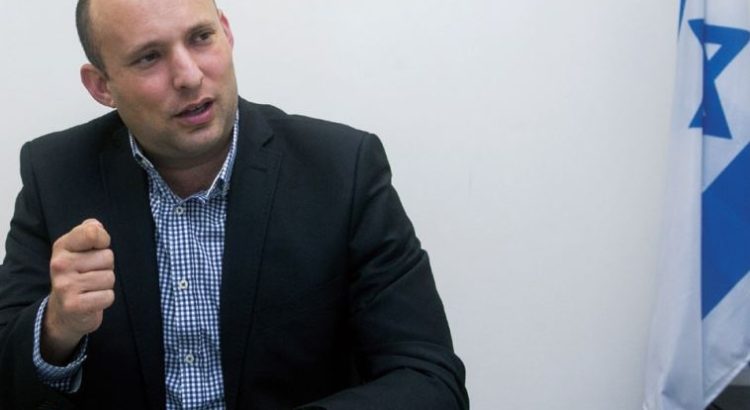

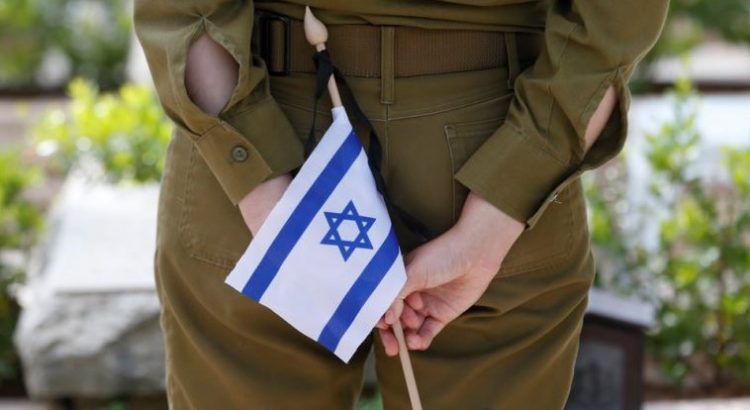
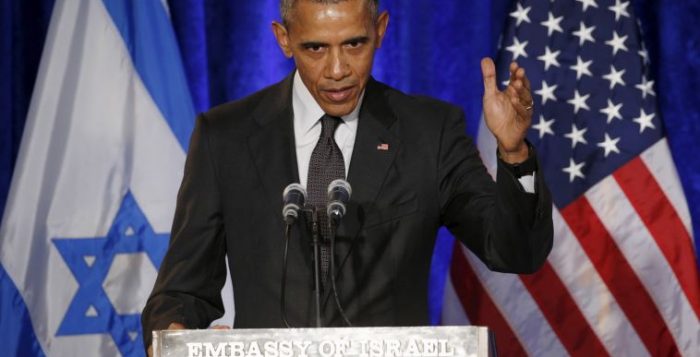
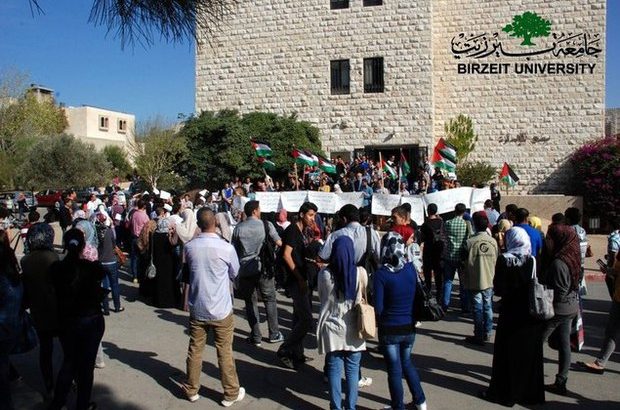
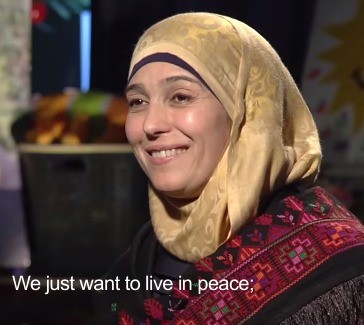








 Users Today : 157
Users Today : 157 Total Users : 35459752
Total Users : 35459752 Views Today : 287
Views Today : 287 Total views : 3418259
Total views : 3418259